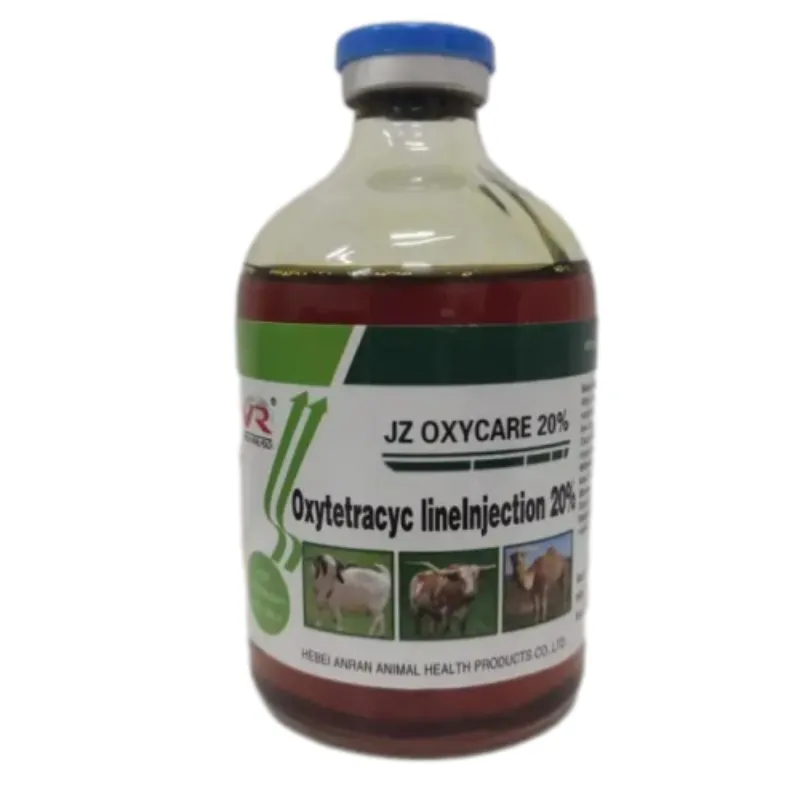- Afrikaans
- Albanian
- Amharic
- Arabic
- Armenian
- Azerbaijani
- Basque
- Belarusian
- Bengali
- Bosnian
- Bulgarian
- Catalan
- Cebuano
- Corsican
- Croatian
- Czech
- Danish
- Dutch
- English
- Esperanto
- Estonian
- Finnish
- French
- Frisian
- Galician
- Georgian
- German
- Greek
- Gujarati
- Haitian Creole
- hausa
- hawaiian
- Hebrew
- Hindi
- Miao
- Hungarian
- Icelandic
- igbo
- Indonesian
- irish
- Italian
- Japanese
- Javanese
- Kannada
- kazakh
- Khmer
- Rwandese
- Korean
- Kurdish
- Kyrgyz
- Lao
- Latin
- Latvian
- Lithuanian
- Luxembourgish
- Macedonian
- Malgashi
- Malay
- Malayalam
- Maltese
- Maori
- Marathi
- Mongolian
- Myanmar
- Nepali
- Norwegian
- Norwegian
- Occitan
- Pashto
- Persian
- Polish
- Portuguese
- Punjabi
- Romanian
- Russian
- Samoan
- Scottish Gaelic
- Serbian
- Sesotho
- Shona
- Sindhi
- Sinhala
- Slovak
- Slovenian
- Somali
- Spanish
- Sundanese
- Swahili
- Swedish
- Tagalog
- Tajik
- Tamil
- Tatar
- Telugu
- Thai
- Turkish
- Turkmen
- Ukrainian
- Urdu
- Uighur
- Uzbek
- Vietnamese
- Welsh
- Bantu
- Yiddish
- Yoruba
- Zulu
8 月 . 09, 2024 01:40 Back to list
Exploring the Applications and Benefits of Gentamicin Sulfate in Medical Treatments and Antibiotic Therapy
Gentamicin Sulfate An Overview
Gentamicin sulfate is an aminoglycoside antibiotic that is widely used in clinical practice for the treatment of various bacterial infections. It is particularly effective against a range of gram-negative bacteria, making it a vital component in the arsenal of antibiotics available to healthcare providers. This article explores the properties, mechanisms, uses, side effects, and important considerations associated with gentamicin sulfate.
Gentamicin Sulfate An Overview
Gentamicin sulfate is typically administered through injection, including intravenous, intramuscular, or topical routes. Its use is common in treating severe infections such as septicemia, pneumonia, and infections of the urinary tract. Additionally, it is sometimes employed in combination therapy to enhance the efficacy against resistant bacterial strains. In cases of serious infections, especially those caused by multidrug-resistant organisms, gentamicin can be a definitive treatment option.
gentamicin so4

While gentamicin is effective, its use is not without risks. The most notable side effects include nephrotoxicity and ototoxicity. Nephrotoxicity, or kidney damage, can occur when gentamicin levels become too high in the bloodstream, especially with prolonged use or in patients with pre-existing renal impairment. Ototoxicity, which can lead to hearing loss or balance issues, is another concern, particularly when high doses are administered or when used in conjunction with other ototoxic medications. Regular monitoring of kidney function and gentamicin serum levels is critical to minimize these risks, ensuring that the drug is used safely and effectively.
Another important consideration is the emergence of antibiotic resistance. The overuse or misuse of gentamicin and other antibiotics has contributed to the development of resistant strains of bacteria. This issue highlights the importance of using gentamicin judiciously, ensuring that it is prescribed only when necessary and that appropriate susceptibility testing is performed.
Gentamicin sulfate is also used in some specific therapeutic settings, such as for the prevention of infection in surgical procedures or in patients undergoing certain treatments, like chemotherapy, where the immune system may be compromised. In these instances, the careful selection of gentamicin can help prevent the onset of severe infections, improving patient outcomes.
In conclusion, gentamicin sulfate remains a critical antibiotic in modern medicine, particularly for treating gram-negative bacterial infections. Despite its effectiveness, healthcare providers must approach its use with caution, balancing the benefits against the potential for serious side effects and the risk of antibiotic resistance. Continued research and monitoring are essential as we navigate the challenges posed by bacterial infections in an era of increasing resistance. By maintaining prudent use of gentamicin sulfate, we can help ensure its efficacy for future generations.
-
The Power of Radix Isatidis Extract for Your Health and Wellness
NewsOct.29,2024
-
Neomycin Sulfate Soluble Powder: A Versatile Solution for Pet Health
NewsOct.29,2024
-
Lincomycin Hydrochloride Soluble Powder – The Essential Solution
NewsOct.29,2024
-
Garamycin Gentamicin Sulfate for Effective Infection Control
NewsOct.29,2024
-
Doxycycline Hyclate Soluble Powder: Your Antibiotic Needs
NewsOct.29,2024
-
Tilmicosin Premix: The Ultimate Solution for Poultry Health
NewsOct.29,2024













